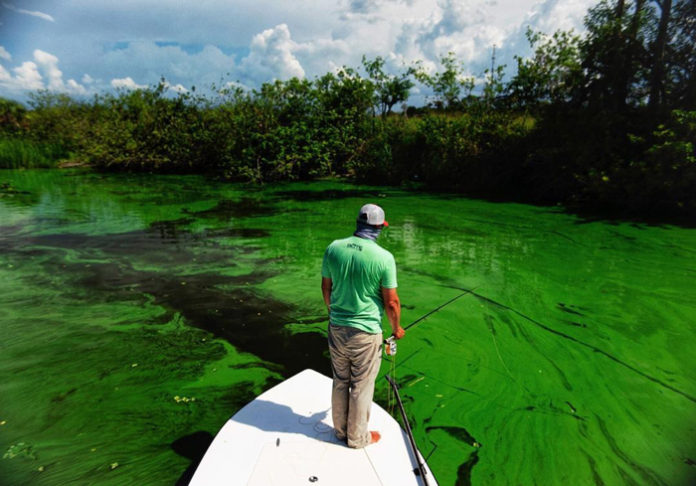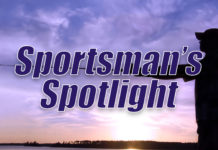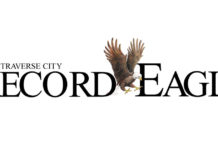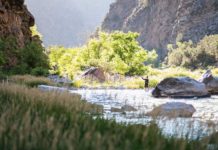Welcome to the latest installment of the Wednesday Wake-Up Call, a roundup of the most pressing conservation issues important to anglers. Working with our friends at Trout Unlimited, Backcountry Hunters & Anglers, the Theodore Roosevelt Conservation Partnership, The Everglades Foundation, Captains for Clean Water, Bullsugar.org, and Conservation Hawks (among others), we’ll make sure you’ve got the information you need to understand the issues and form solid opinions.
If you know of an important issue–whether it’s national or local–that anglers should be paying attention to, comment below, and we’ll check it out!
1. Outdoor Industry Calls for Better Lake Okeechobee Water Management
On Monday, the outdoor industry made their voice heard in a letter to the Army Corps of Engineers demanding a more equitable Lake Okeechobee System Operating Manual (LOSOM). With dozens of outdoor brands, including Orvis, signed on, the letter showed further unity and consensus for achieving true balance with the new lake operations schedule, which the Corps is mostly finalizing over the next month:
We urge your action to complete the Lake Okeechobee System Operating Manual (LOSOM) that will increase flows to the Everglades during dry periods thus creating more capacity in the lake to safely capture water during the wet season. By doing this, it will decrease the likelihood of toxic discharges to the St. Lucie and Caloosahatchee estuaries, provide dry season hydration to Everglades National Park, reducing the risk of wildfires, minimize recreational closures, protecting carbon stocks across this vast peatland, recharge the Biscayne aquifer which serves and the public water supply to millions, and even helping to mitigate hyper-salinity in Florida Bay. Just as south Florida’s ecosystems are connected, so too are our businesses to Florida’s waters.
Asked why Orvis signed the letter, company president Simon Perkins said,
“One of our core values at Orvis is to protect what you love. The Everglades and the Florida coastal system are on the verge of extinction. Not only do they make up one of the world’s most remarkable ecosystems, it’s an ecosystem that sustains an $85 billion economy that is dependent upon clean water. Now is the opportunity for the outdoor community to stand together and use its voice to protect these invaluable treasures or risk losing them forever.”
Click here to read the full letter and see signatories.
Click here to read more about LOSOM.
For More Information:
2. Biden Administration to Reverse Roadless Rule Exemption for Tongass National Forest
During the final months of the previous administration, against the policy and wishes of the U.S. Forest Service, the protections created 20 years ago for more than 9.3 million acres of Alaska’s Tongass National Forest were revoked. The Biden administration has announced plans to reinstate the Roadless Rule in the nation’s largest National Forest.
The Biden administration said Friday that it would “repeal or replace” a rule allowing roads and other types of development in more than half of Alaska’s Tongass National Forest, reviving 20-year-old protections President Donald Trump had stripped three months before leaving office.
Click here for the full story.
For More Information:
3. Montana FWP Seeks Input on Restrictions to Help Brown Trout
Last week, we highlighted the troubling decline of brown-trout populations across southwestern Montana. Unfortunately, biologists have not yet been able to diagnose the specific causes of the decline. To address the problem, the state has proposed some regulation changes for consideration, including:
- Adopt seasonal fishing closures to protect spawning brown trout on some or all or sections of the Big Hole, Ruby, Boulder, Beaverhead, upper Yellowstone, Madison, Shields and upper Stillwater from Sept. 30 to the third Saturday in May.
- Catch-and-release fishing only for brown trout on some or all of the same rivers or sections of rivers and tributaries.
- Standing “hoot-owl” restrictions from July 1–Aug. 15 on some or all of the same rivers or sections of rivers and tributaries from 2 p.m. to midnight.
Click here for the full story.
Credit: Source link































